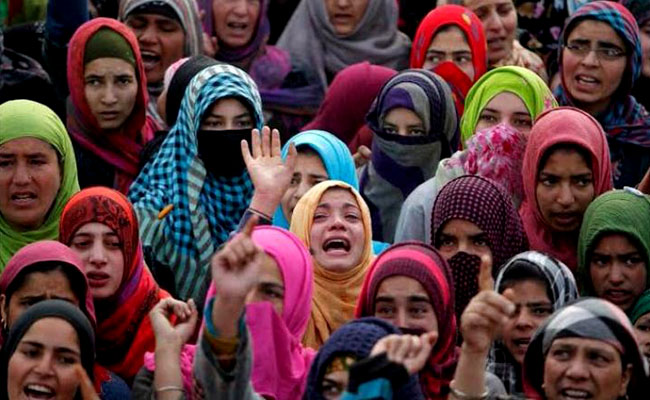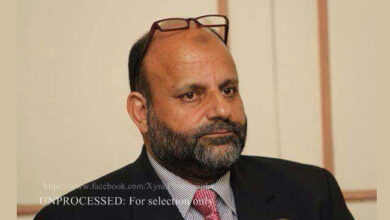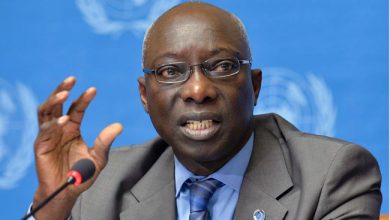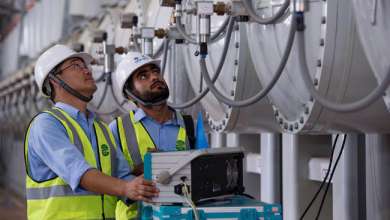Justice remains elusive for Kunan and Poshpora rape victims: Speakers

Islamabad: Speakers at a webinar hosted by Kashmir Institute of International Relations (KIIR) have demanded the world human rights organizations to play their much-needed role to stop the vicious cycle of violence, abuse and sexual assaults being perpetuated by the Indian armed forces against women in occupied Kashmir.
The webinar titled “Unravelling mass rape: Justice remains elusive for Kunan and Poshpora rape victims”, was addressed by noted human rights activists, academicians and international law experts hailing from different parts of the world including, Cellia Jastrzembaska the senior policy advisor in the UK government, Zeenath Adam, former diplomat and human rights strategist, Sheni Hamid senior political advisor and peace activist, Barrister Nida Salam from UK, Dr. Rida Muraud member of Arab Human Rights Committee, Dr, Nadia Mehrdin, Prof. Dr. Saira, Prof. Dr. Shugufta Ashraf and others whereas the event was moderated by noted human rights activist and chairman Kashmir Institute of International (KIIR) Altaf Hussain Wani.
While highlighting the plight of Kashmiri women, the KIIR chief said that being a vulnerable part of the society the women in the disputed territory of Jammu and Kashmir have been the worst victims of the Indian state terrorism. Referring to heart wrenching mass-rape incidents committed by the Indian forces at Kunan, Poshpora and Chek Saidpura villages said that these horrendous incidents of sexual violence continue to bruise hearts and souls of Kashmiris who continue to suffer under the brutal suppression.
He said that hundreds of women in Kashmir have been subjected to physical and sexual violence being used as a weapon of war by the Indian occupation forces. “During the past 31 years women in Kashmir have suffered terribly at the hands of Indian occupation forces, and they were subjected to worst kind of physical and mental torture”, Wani said adding the rape victims of Kunan and Poshpora were still waiting for justice despite the passage of 31 years. “It is quite ironic that Indian state, which gives a notion of being a progressive society is using rape as a weapon of war against Kashmiris in a merciless manner”, he said adding that hundreds of cases of rape and harassment against women were reported in which Indian army personnel were found guilty but so far not a single army personnel has been held accountable for his heinous crimes.
The speakers on the occasion said that the Indian occupation forces were using rape as a weapon to suppress the Kashmiris’ ongoing resistance for the realization of the right of self-determination in the Indian held territory. They said that one of the horrible incidents that shook the valley took place on 23rd of February, 1991. “On this dreadful night, the villagers of the twin villages (Kunan and Poshpora) were subjected to gruesome assault by the Indian armed forces”, they said adding that all women regardless of their age fell victim to the brutality that finds no precedent in the human history.
Recalling the dreadful memories of the incident, the speakers said, “Around 300 personnel of the India’s 4th Rajputana Rifles entered into the villages in the guise of a cordon and search operation, dragged men out from their houses for interrogation and then proceeded to rape the woman who were left behind”. The speakers lamented that the Indian government and the authorities at the helm of affairs in the occupied Kashmir shamelessly tried to cover-up the incident and closed the case in October 1991.
Despite the State Human Rights Commission’s recommendations to compensate 40 rape victims, the speakers pointed out that the Kashmir High Court refused to admit a litigation for reopening of the case in 2013. They regrettably noted that the despite the passage of 31 years justice remain elusive for the rape victims as the police utterly failed to take action against the powerful army and reinvestigate the case following the SHRC’s recommendations. The closure of the case, they said, was the result of the heightened pressure from the Indian army who approached the HC and got the orders of compensation and investigation stayed.
Pertinently, when the state government of J&K challenged these orders in Indian supreme Court in 2014, the Indian government filed another petition in the court raising questions on the SHRC’s jurisdiction for passing an order in six cases involving the armed forces while citing the draconian AFSPA that grants impunity to armed forces. In the same year the SC stayed the orders for reinvestigation and compensation and since then the case remains pending in the court without being listed for hearing.
The speakers while terming delaying of justice as injustice said that the Indian judiciary and judges who work on the whims and fantasy of the Indian rulers have utterly failed to deliver justice to Kashmiri rape victims.
They said that the time has come that the world community should take effective notice of the situation in the region and raise their voices to hold the Indian army accountable for the war crimes they have committed against Kashmiris.
“Given the precarious situation in the region it has become even more important for human rights activists to keep a constant vigil over the situation in the restive region where people are being killed, maimed and murdered day in and day out by the Indian trigger-happy forces”, they added.





